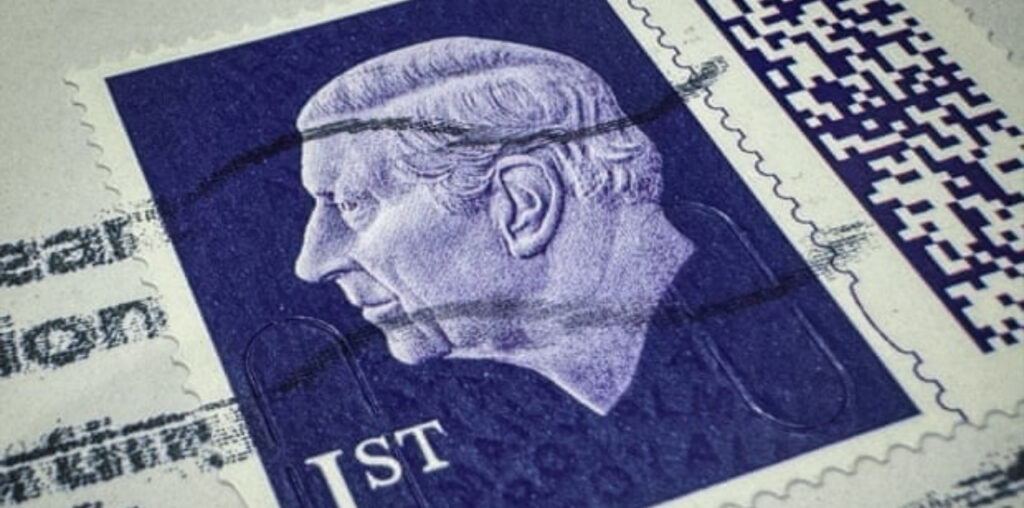Royal Mail has announced yet another increase in the cost of first and second-class stamps, marking the sixth price rise in just over three years.
Effective from 7 April, the price of a first-class stamp will rise by 5p to £1.70, a 3% increase, while second-class stamps will see a 2p hike to 87p, up by 2.4%.
Nick Landon, Chief Commercial Officer of Royal Mail, cited escalating operational costs as the reason for these adjustments. “The cost of delivering mail continues to increase, necessitating these changes,” Landon explained.
He highlighted the extensive network involving trucks, planes, and 85,000 postal workers required to maintain service across the UK.
Royal Mail has seen a dramatic decrease in letter volumes over the past decade, dropping from 20 billion letters per year to just 6.7 billion, with projections suggesting a further decline to 4 billion within the next four years.
Despite the declining volumes, the number of addresses Royal Mail serves has grown by 4 million, compounding the cost pressures.
In December, Royal Mail was fined over £10 million by Ofcom for failing to meet delivery targets, with more than a quarter of first-class mail arriving late. Amid these challenges, the postal service has been seeking to reduce delivery frequency.
Ofcom has provisionally approved plans that would allow second-class letters to be delivered on alternate weekdays and eliminate Saturday deliveries, although first-class letters would continue to be delivered six days a week. A final decision from Ofcom is expected by summer.
Landon also pointed out the necessity of reform to preserve the universal service obligation, which mandates delivery to approximately 32 million UK addresses six days a week.
“Such reform is crucial to allow for ongoing investment in modernising and transforming Royal Mail to ensure its financial sustainability,” he stated.
These changes precede significant shifts within the organisation, as Royal Mail’s parent company, International Distribution Services, is in the process of being acquired by Czech billionaire Daniel Křetínský’s EP Group in a £3.57 billion deal.
The acquisition has faced delays, particularly from regulators in Romania, where EP Group holds investments.
Although negotiations with Romanian authorities have been progressing smoothly with no major obstacles, the completion of the takeover has been postponed to the second quarter of the year.


